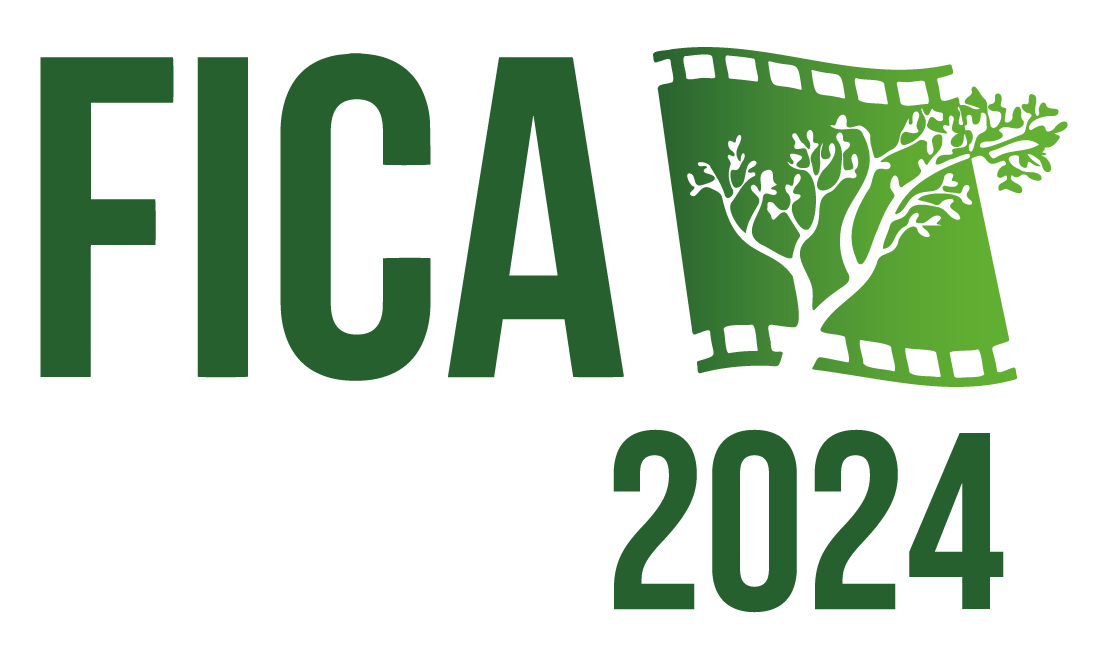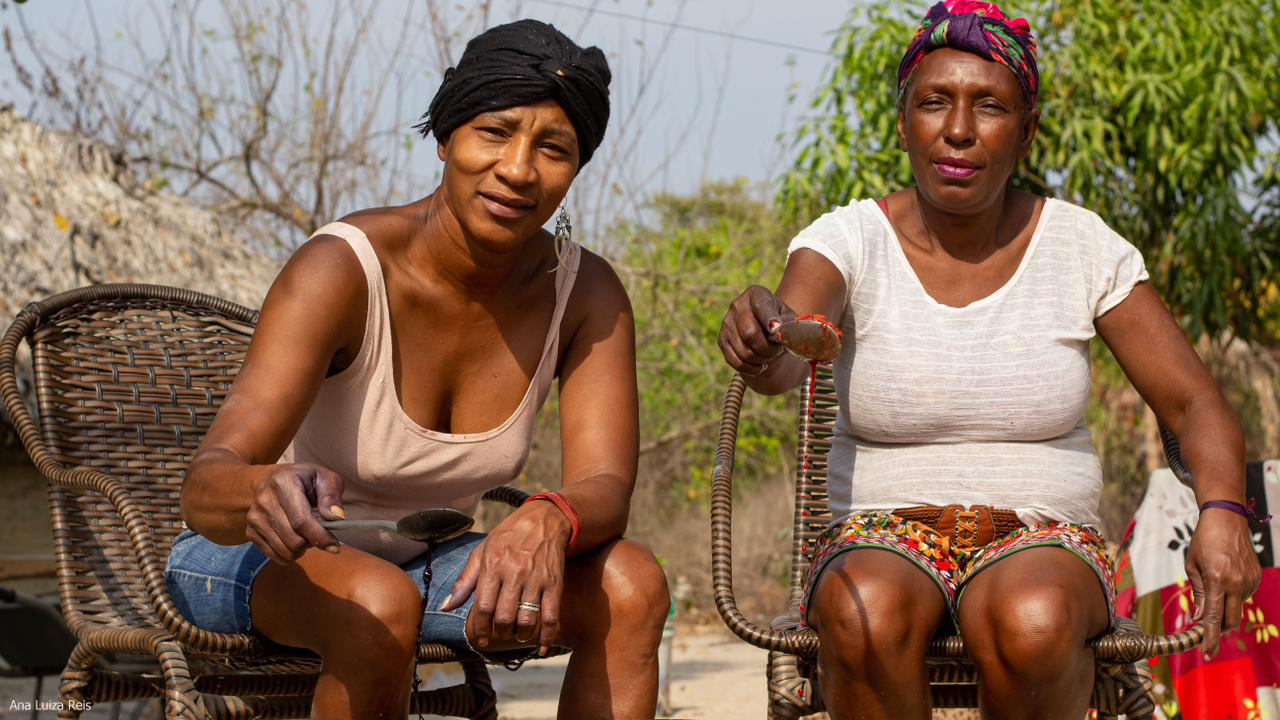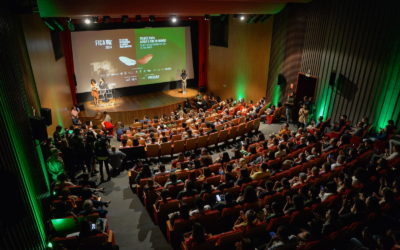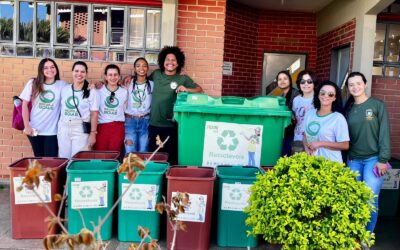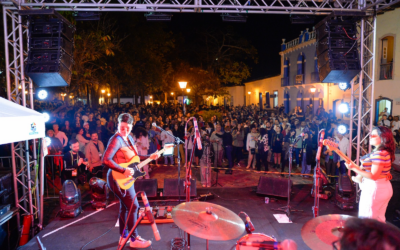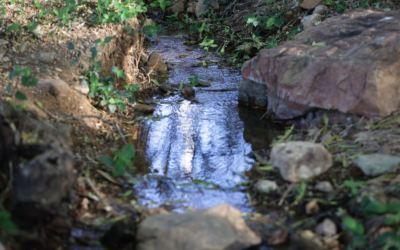Of the overall total of directors, 47.5% are women, compared to 40.8% in the previous edition. Women directors make up more than half of the Washington Novaes and Indigenous Cinema exhibitions, unprecedented in this edition
The 25th International Environmental Film and Video Festival (Fica) is the edition with the largest number of women directors in the competitive exhibitions. In 2024, there were 61 directors credited, of which 29 are women, equivalent to 47.5% of the total. The previous edition had 40.8% of women directors. Fica takes place from the 11th to the 16th of June, in the city of Goiás, and is carried out by the Government of Goiás, through the State Secretariat for Culture (Secult), in co-organization with the Federal University of Goiás (UFG), through from the Educational Radio and Television Foundation (RTVE).
In this edition, the Washington Novaes and Indigenous Cinema and Traditional Peoples exhibitions were the ones that most concentrated women directors, with 52.9% and 57.9%, respectively. The Indigenous Cinema exhibition alone, unprecedented this year, had 11 directors, out of 19 credited. The Cinema Goiano exhibition, on the other hand, has half of the directors directed by women. Of the four competitive exhibitions, only the Becos da Minha Terra exhibition, exclusive to productions from the City of Goiás, had fewer women directing the works.
Pedro Novaes, Fica's programming director, believes that, despite still being a mostly male space, it is possible to observe greater female representation in the audiovisual market. Furthermore, he highlights the need to combine discussions about the environment with a gender perspective.
“The Selection Committee took this into consideration as one of the criteria, although not only, and I think it is fundamental, because, among other things, the environmental issue is not disconnected from other major issues and other transformations that our time asks, it is not disconnected from the issue of gender and other issues relating to underrepresented social groups”, he assesses.
Marta Faria da Silva is one of the directors included and is competing with the film “Meada Cor Kalunga” in the Indigenous and Traditional Peoples Exhibition and highlights that female representation is a way for women to “speak for themselves”: “This is very important. increase in the number of women. I'm very happy to be participating with other women, I'm learning about things I didn't know and thought I wasn't capable of. So this is showing women that we can, it’s taking our story forward. Let’s take the lead in our power and our fight”, he celebrates.
Multicultural event
Fica 2024 has a vast free program, with competitive exhibitions, debates with big names in national and international cinema, environmental activities and cultural attractions.
The festival is supported by the Goiás Social program; of the State Secretariats for Resumption; of Science, Technology and Innovation (Secti); and Environment and Sustainable Development (Semad); Saneago; State University of Goiás (UEG), Federal Institute of Goiás (IFG); Social Service of Commerce (Sesc) and City Hall of the city of Goiás. This year the event also has as supporters the United Nations Educational, Scientific and Cultural Organization (Unesco), the National Museum of Indigenous Peoples/Funai, Fundação Oswaldo Cruz (Fiocruz), Grupo Kelldrin and Saga BYD.
